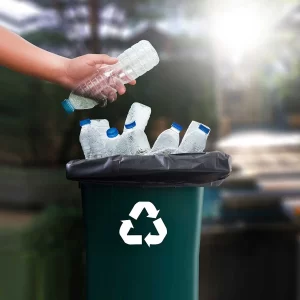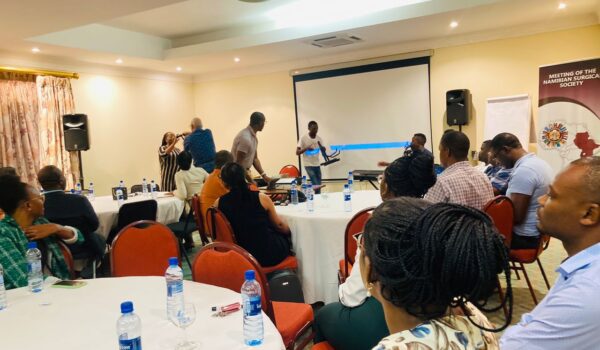
By:Hilya M. Ngolo
The United Nations Development Programme (UNDP) has collaborated with various development partners to support the government in sustainable natural resource management by introducing the circular economy.
The circular economy is defined as a model of production and consumption, involving sharing, leasing, reusing, repairing, refurbishing and recycling existing materials and products as long as possible.
Speaking on Friday at the World Environment Dayheld under the theme “Finding a solution to plastic solution,” UNDP economic advisor Wilmot Reeves says the organisation has a programme dedicated to ensuring the focus is on the issue of pollution and waste management.
“The circular economy is an economy that is made to make sure that we indeed try to invest in recycling interventions, and minimise and try reducing solid waste management,” Reeves said.
He added that human actions must be crafted in a way that preserves the planet to make it healthy, not only for the now-living but for future generations.
According to a research by Afrobarometer last year, 67% of Namibians say pollution is a “somewhat serious” or “very serious” problem in their community and that citizens say trash and plastic disposal (cited by 29%), deforestation (19%), and human waste management (17%) are the most important environmental issues in their community.
Speaking at the same event, the Junior Deputy Mayor of Windhoek Yanessa De Oliveira shared the experience of the clean-up campaign that took place on the 3 June in different constituencies in Windhoek.
“The campaign aimed to raise educational awareness and encourage the school learners to keep the environment clean,” she said.
De Oliveira further mentioned that not keeping the city clean could lead to various negative impacts on the economic state, such as a breakout of Hepatitis E and reducing the number of tourist visits.
At the same event, Deputy Mayor of Windhoek Magdalena Lombart informed the public on the implementation of segregated waste collection practices that ensure the proper separation and management of plastic waste, authorising councils to divert plastics waste away from landfills and more towards recycling facilities to repurposes them into new products and raise awareness on the harmful effects from plastic waste.
Lombart added that transforming plastic waste into magnificent forms of art and practical products (from fashion accessories to functional furniture) showcases endless possibilities of reproducing plastic waste, showcasing that it is more than just pollution.









Comments